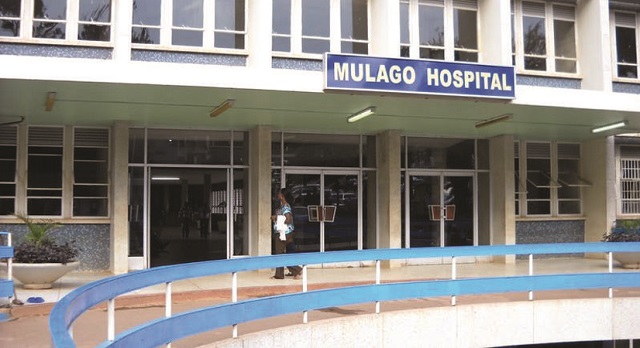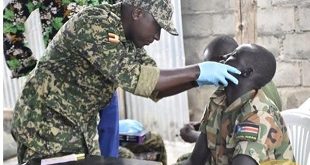
Kampala, Uganda | THE INDEPENDENT | Mulago national referral hospital is considering new rates to be charged for critical care services.
According to David Nuwamanya, the facility’s principal administrator, the 1 million shillings, currently charged per week is no longer enough to cater for the requirements for patients to be treated at the Intensive Care Unit (ICU).
Although they have not zeroed on the new figure yet, he said it will be lower than what many private facilities charge. At private facilities, the fee can go to the highs of 2 million Shillings each day, according to Dr Arthur Kwizera, a consultant anesthesiologist.
There are about 40 private ICU facilities across the country. But many of these eventually end up referring their patients to Mulago since some of the private ones are not fully equipped to handle all complicated cases.
Currently even as Mulago seems to be the last resort as their money is charged weekly, a patient according to Kwizera is supposed to buy their own drugs which at times go to the highs of a million shillings and pay for other costs for instance laboratory fees.
He explains that the high fees accrue from the huge investments that many countries like Uganda cannot afford to offer critical care at no cost, or cheaply.
For private providers in the country, he says, because of the cost they tend to import foreign used equipment such that people can get services at a better charge. He says the cost of a single fully equipped ICU bed ranges from USD 70,000 to USD 150,000 depending on the manufacturer.
Currently, however, the main Mulago hospital only has 12 ICU beds, six of which are fully functional for lack of all necessary equipment and required staff. The new Mulago specialized maternal and neonatal hospital that currently houses the unit with renovations at the main hospital has 25 beds.
The requirement by the World Health Organization is for everyone patient to be attended to by four intensive care nurses.
The facility is far from achieving this as Nuwamanya reveals that even as the specialized hospital is set to be opened in just months, they only have three doctors trained to offer critical care services although they had planned to have 14 by the time the facility opens. He said they had also planned to have 165 trained critical care nurses but these are still undergoing training and will not be deployed soon.
The new facility will have a total of 27 general adult ICU beds, eight beds for the Organ transplantation unit, and 15 beds for paediatrics. These are being touted as the best any country can have from the best hospitals in the west.
The most common ailments that are driving people to the ICU according to experts is severe pneumonia, sepsis, road accidents and of recent the rise in Non-communicable diseases like patients of stroke and diabetes.
*****
URN
 The Independent Uganda: You get the Truth we Pay the Price
The Independent Uganda: You get the Truth we Pay the Price



